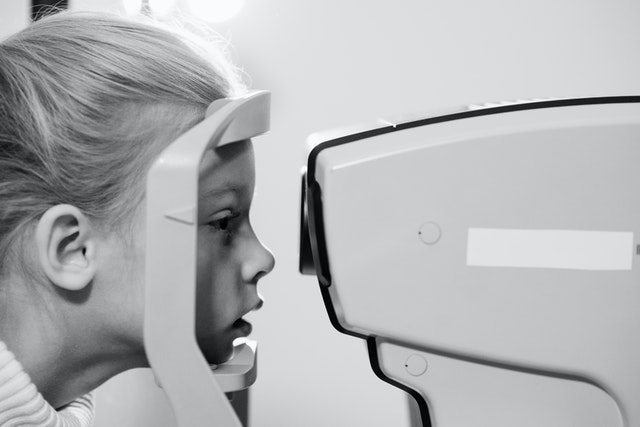Just like any area of healthcare, the field of eye care can be tremendously confusing. There are so many specialists who play a part, and it is important to understand the role of each specialist. When it comes to caring for our eyes, there are three types of professionals that you may encounter: ophthalmologists, optometrists, and opticians. Although they all work with eyes, their roles and qualifications are different. It’s important to understand the difference between these professionals so that you can choose the right one for your needs.
Ophthalmologists
An Ophthalmologist is a medical eye doctor who specializes in the diagnosis, treatment, and management of eye diseases and conditions. Ophthalmologists receive training to perform surgery and prescribe medications to treat eye conditions. Ophthalmologists complete four years of medical school, followed by a four-year residency in ophthalmology. Some may also choose to complete additional fellowship training in a specific area of ophthalmology, such as retina or cornea. Ophthalmologists may also prescribe eyeglasses and contact lenses, especially for patients who have had surgery.
Optometrists
An Optometrist is a healthcare professionals who provide primary eye care and specialize in the examination, diagnosis, and treatment of vision problems and eye diseases. Optometrists are also trained to diagnose and treat common eye conditions, but they do not perform eye surgery. Their offices are often located in, or close to an optical store where patients can buy glasses and contact lenses. Licensing boards grant optometrists the authority to prescribe glasses and contact lenses and to also prescribe medications for certain eye conditions. They complete a four year Doctor of Optometry degree program and must pass a national board exam to obtain their license.
Opticians
An optician, on the other hand, is a professional who helps to fit and dispense eyeglasses and contact lenses based on the prescription provided by an ophthalmologist or an optometrist. Opticians are responsible for ensuring that the lenses are made accurately and fit properly. They usually work in an optical store and work closely with the Optometrist (sometimes the Ophthalmologist as well) to ensure the patient receives the type of glasses or contact lenses that will optimize vision. They usually complete a two year associate’s degree program in opticianry and may also receive on-the-job training.
Optometric Assistant
an Optometric Assistant works with the eye doctor to ensure the smooth delivery of services to patients. They often take care of the administrative aspects of practice management and handle the patient’s insurance submissions. In some cases, they help with pre-testing for patients who are at the office for an eye exam.
In summary, ophthalmologists are medical doctors who specialize in eye conditions, optometrists are healthcare professionals who specialize in vision problems and eye diseases, and opticians are technicians who specialize in the fitting and dispensing of glasses and contact lenses. If you have an eye condition, it’s important to seek the appropriate care from the right professional. Your primary care physician can help you determine which type of eye care professional is best for your needs.
If you have questions, please feel free to contact us at Sight Care Optometry and Optical. We would be pleased to answer your questions.
Note: This posting is for informational purposes only and does not attempt to diagnose or recommend treatment for any condition. Please refer to the Ontario Association Optometrists website or the College of Opticians of Ontario for more information. Please consult an Optometrist if you are experiencing eyesight issues.






